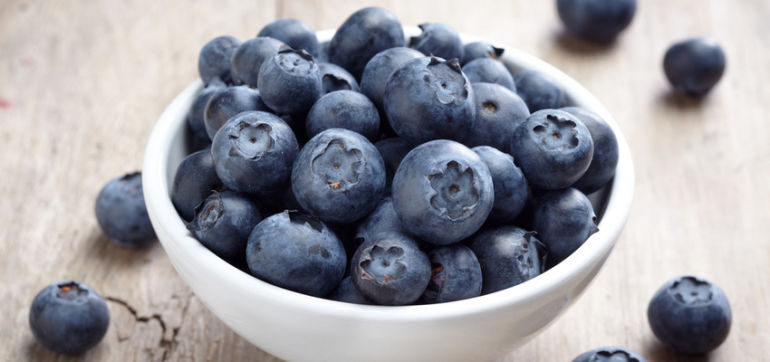Lose Weight > Common Sense To Lose Weight > Common Sense Article > 5 Natural Ways To Reduce Inflammation In Your Body
5 Natural Ways To Reduce Inflammation In Your Body

1. Make sure to get your omega-3 fatty acids.
EPA, one of the omega-3 fatty acids found in fish, fish oil, and algae-based supplements along with DHA, has anti-inflammatory properties. Unfortunately, plant sources of omega-3 fatty acids like flaxseed and walnuts provide alpha-linolenic acid (ALA), which does not have anti-inflammatory properties until it's converted by your body to EPA and only a very small amount of ALA gets converted. To truly reap the anti-inflammatory benefits of omega-3 fatty acids, it’s best to consume EPA directly by eating fish, taking fish oil, or an algae-based EPA and DHA supplement.
2. Avoid omega-6 fatty acids and trans fats.
Omega-6 fatty acids promote inflammation in the body through the production of inflammatory compounds. Most people eat way too many omega-6 fats, which you will find in corn, soybean, and cottonseed oils. Another type of pro-inflammatory fats are trans fats, found in any products with “partially hydrogenated oil” in the ingredient list. They are usually found in baked goods, shortening, and margarines.
3. Avoid sugar and refined carbohydrates.
Sugar and refined carbohydrates contribute to elevated blood sugar and insulin levels, which may cause and exacerbate inflammation. In addition, sugar and refined carbs also contribute to weight gain and can make it more difficult to lose weight. Excess body fat is another major contributor to inflammation.
4. Eat antioxidant-rich foods.
Free radicals are highly reactive compounds that can damage the cells of your body and create and contribute to chronic inflammation. Antioxidants are able to neutralize these free radicals to reduce inflammation. Antioxidants include vitamins A, C, and E as well as the colorful pigments of fruits and vegetables.
5. Make sure you’re getting plenty of vitamin D.
Vitamin D deficiency has been associated with several inflammatory and autoimmune conditions like Crohn’s disease and multiple sclerosis, though it’s specific role has not yet be elucidated. The two main sources of vitamin D are the sun and food. Many people, especially those who live further away from the equator, don’t get much sun exposure especially during the winter. When you aren’t making enough vitamin D in your skin from sun exposure, make sure to include food food sources of vitamin D like fish and egg yolks and foods that are fortified with vitamin D like almond or coconut milk.
Photo Credit: Shutterstock.com
Related Articles
-
Obesity Implants FDA Approval Likely In 2007
The obesity implant tricks the nerve cells lining the stomach to relea
-
Guidelines On Choosing Your Ideal Healthy Weight Loss Diet Plan
Looking for the safest and most effective way to lose excess pounds pe
-
Self-employed? How to stop overeating when you are working from home
It’s a refrain I hear a lot: “I am SO busy – I ju
-
Spot Reducing Is For The Laundry
? Can you give me an exercise that will get rid of the fat on my stoma
-
Zerona – Too Good to Be True?
Some of you may have started to hear about a new Zerona low level
-
7 weight loss myths disproved!
You dont have to give up your favourite foods to lose weight, says fi
- DON'T MISS
- Over The Internet Weight Reduction Applications: Are They Value The Money?
- Weight Loss: Women Deserve the Whole Truth
- ***Set a Healthy Family Table
- How Do I Lose My Belly Fat? A Flat Stomach Is Possible
- Meet The New Look Ronald McDonald
- Weight Loss Drug Qnexa Performs Well in Trials
- The Right Way To Lose Weight Every Time
- Why Most Diets Fail In The Long-Term
- Im A Registered Dietitian. Here Are The 6 Things I Tell Every Client
- What You May Not Have Known About Losing Weight The Right Way




